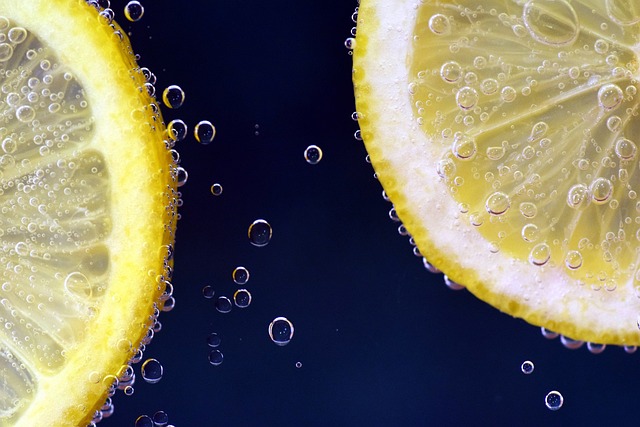When it comes to gut health, everyone talks about probiotics. Probiotics are the “good” bacteria that live in your gut and help keep things running smoothly. But, have you heard about prebiotics?
Prebiotics are a type of fiber that your body can’t digest. Instead, they move through your digestive system and feed the good bacteria in your gut, allowing them to multiply and thrive.
So why are prebiotics so important? Because they play a crucial role in maximizing the benefits of probiotics. Without prebiotics, probiotics would have a hard time surviving in your gut. Think of prebiotics as fertilizer for your gut, helping probiotics grow and flourish.
The Benefits of Probiotics
Before we dive into the role of prebiotics, let’s take a quick look at the benefits of probiotics.
Probiotics have been shown to:
- Boost your immune system
- Improve digestion and nutrient absorption
- Reduce inflammation and improve gut health
- Reduce symptoms of IBS (irritable bowel syndrome)
- Protect against harmful bacteria and infections
Overall, probiotics are a powerful tool in maintaining overall gut health and keeping your body functioning at its best.
The Role of Prebiotics
While probiotics are important, they can’t work their magic without prebiotics. When you consume foods that are high in prebiotic fiber, like onions, garlic, bananas, and apples, the fiber moves through your digestive system intact until it reaches your large intestine.
Once the prebiotics reach your large intestine, they become food for the good bacteria (probiotics) that live there. This helps the probiotics grow and multiply, increasing their numbers and diversity in your gut.
Think of it this way: without prebiotics, your gut would be a barren wasteland for probiotics. They would struggle to survive and reproduce, and their benefits would be severely limited.
The Importance of Diversity
One of the key benefits of prebiotics is that they help to increase the diversity of bacteria in your gut. This is important because a diverse gut microbiome is a healthy one.
Research has shown that a diverse gut microbiome is linked to better overall health, including a stronger immune system, better digestion, and a lower risk of certain diseases like obesity, diabetes, and even depression.
So, if you want to maximize the benefits of probiotics, it’s important to focus on consuming prebiotics as well. By doing so, you’ll be helping to promote a diverse and healthy gut microbiome.
How to Get More Prebiotics in Your Diet
Now that you understand the importance of prebiotics, you may be wondering how to get more of them in your diet. Here are some delicious and healthy foods that are high in prebiotic fiber:
- Garlic and onions
- Bananas
- Apples
- Chicory root
- Jerusalem artichokes
- Asparagus
- Leeks
- Oats
- Legumes (beans, lentils, peas)
By incorporating these foods into your diet, you’ll be helping to promote a healthy gut microbiome and maximize the benefits of probiotics.
Conclusion
Probiotics are important for maintaining overall gut health, but they can’t work their magic without prebiotics. Prebiotics act as fertilizer for your gut, helping probiotics to grow and multiply. By consuming a diet high in prebiotic fiber, you’ll be promoting a diverse and healthy gut microbiome, which is linked to better overall health. So, the next time you reach for a probiotic supplement or food, remember to also focus on consuming prebiotic-rich foods to maximize the benefits for your gut.







